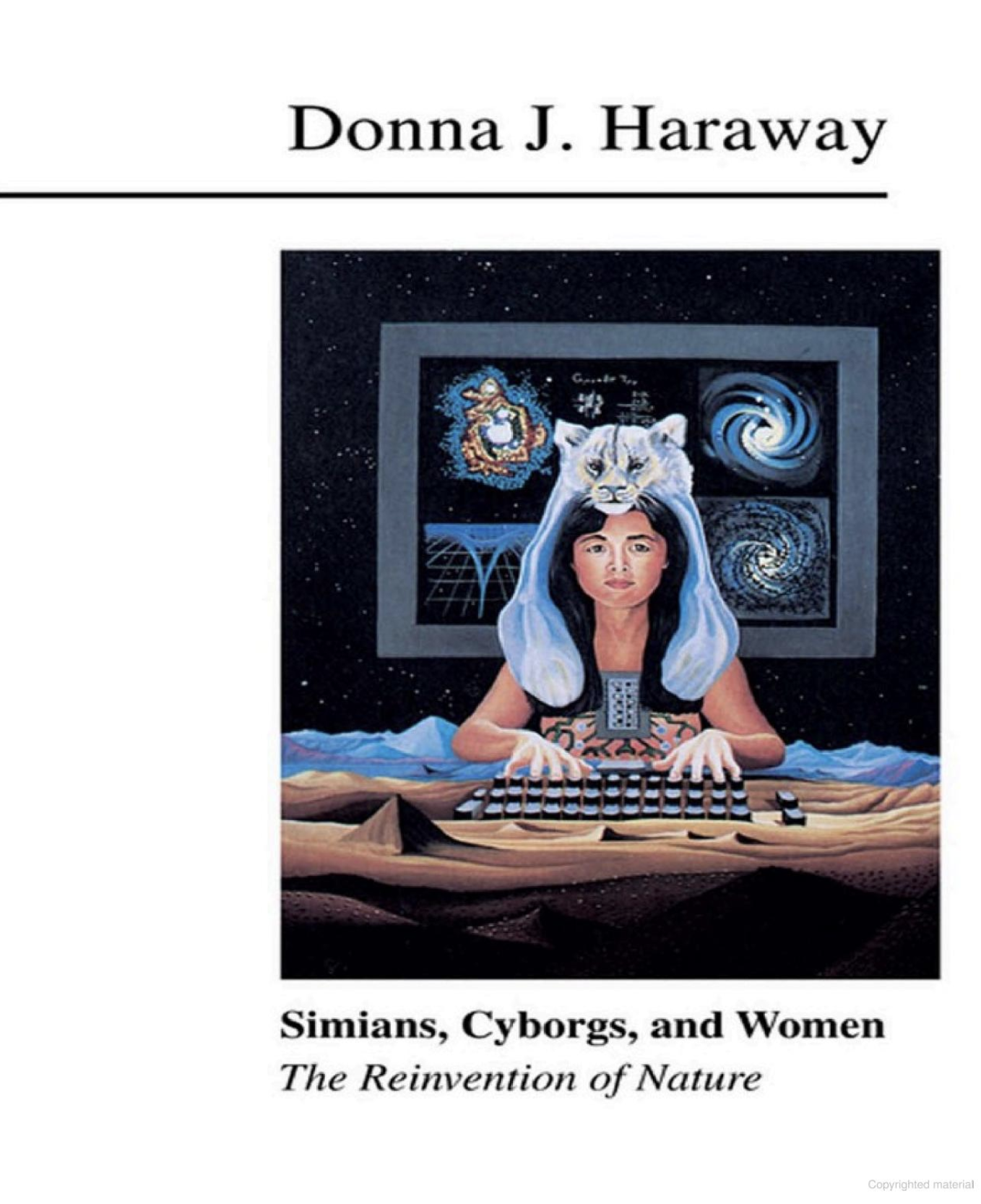Reclaiming the promise: calling local innovators
While the dynamics are complex right now, the solution is the same: let's get together and build something

Over a decade ago, "community management" became part of my job. I didn't really know what it was. My company was a steward of a W3C working group and asked me to be their representative. It was barely a thing. Also at that time a lot of energy was focused on getting women into coding. Inspired by the trend, I started a couple of meetups and hosted others. I am an introvert by nature. I didn't know how I would take to the whole community thing. But I loved the technology. The folks who were gathering were often introverts themselves. We were geeks and hackers pretending to be social. We had a high tolerance for each other's differences. Generally folks were appreciative that I took up the call and facilitated. We were all giddy about getting together and making great things happen.
After all these years and experiences, it’s still awkward for me to send out a call to action. I've always worked on distributed teams, pulling in contributors from all over the world. But recently I’ve been walking around, looking at folks who seem to be stunned, in a private limbo, and maybe ready for an invitation. So here’s an invite to start gathering as a community, hyper-locally, in non-corporate spaces. And if you're already part of a group or informal gathering where these conversations about what’s happening and what’s about to happen, please reach out—I'd love to learn about existing communities I might not know about, join forces, or simply participate in what you're building.
First, some context, and possibly inspiration, for coming together now.

Disconnected and disillusioned
We are sharing very little with each other — and not out in the open — about what we're going through right now as a tech community. Communications between the suits and the coders got tense. Conversations in the international and cosmopolitan settings of tech firms could be slightly out of one's comfort zone. But then they became difficult when issues of race and gender came up. Naturally awkward conversations started feeling more dangerous, potentially career-ending. Billionaires are now gleefully espoused anti-employee tactics, like Amazon giving employees 30 days to move to HQ hubs or be fired. Colleagues are disappearing. Best to keep opinions the badge — and one's opinions — close to the vest.

Oh and social impact work? Innovation in this space got defunded. Folks needed to make a living, or were getting old, or burnt out. Social impact went through its own form of greenwashing. Foundational ideas, like decentralized ledgers became sh!tcoin pyramid schemes for kleptocrats. The solutions we worked towards were deprioritized or appropriated or, even worse, were not useful. And platforms for facilitating community dissipated during the pandemic or the subsequent recovery. The economic inequality and income gap in the United States created a civic chasm. Those who were left out of the tech boom rose up to fight back. They told us we couldn’t solve the kinds of problems they were having, because we were the problem when we said, "Let them eat tech."

Some of us believed that technology could be developed for the good of society. So we were dumb struck when the rabble voted against their interests, the consequences being never higher. Was it powerful propaganda? Was it that American aspiration to become the billionaires they watched on TV? Was it because they identified with the self-described “outsiders” and “disruptors” who also want to “drain the swamp?” Was it simply because the propaganda was new to this generation, even though it’s as old as civilization? It’s one thing to have hopes and dreams of making it big one day. It's another to vote for a government that favors those who've already succeeded. Supporting entrenched power rather than emerging talent doesn’t lead to innovation and social progress. So what gives? Is it that “The right dominates the online media ecosystem, seeping into sports, comedy, and other supposedly nonpolitical spaces”?
The sovereign individual movement
While the money kept rolling, we also began to feel a much more pernicious attitudinal shift happening, in the obscure tactics and sins of omission from the (V)C suites. (Davos started turning years before this administration.) We saw that those who made indecent amounts of profit began to organize to protect themselves from the taxation and regulation of the civic class. "The sovereign individual," first published in 1997, became the manual for the cognitive elite "sovereign individuals". The subtitle changed from "How to Survive and Thrive during the Collapse of the Welfare State" to "Mastering the Transition to the Information Age" and Peter Thiel wrote the forward of the 2020 printing. This book designates a technocratic leadership of a mega political transformation.

You can hear it in their speeches. They believe technology drives human history, the cognitive elite drive technology, and it needs to be driven far away from the nation state. The current techno-economic shift no longer requires national resources because technology and wealth can easily be moved around the globe. Wealth and commerce exist beyond geographic constraints. The cognitive elite are no longer constrained by geography. Their mobility makes it difficult to regulate and tax them, or to redistribute wealth. They have no interest in taxation or regulatory limits to freedom for their specific class.
When they say "government is ineffectual," they don't mean that it's not serving the greatest number of citizens (like the 70 million US citizens getting some form of social security). They mean it's not effective for those who do not want to be governed. To not be governed, they've chosen to govern, from national celebrities like Elon Musk to Michael Moritz in San Francisco.
Restricting freedoms of others follows naturally from their eugenic superiority. They're not saying it to their populist supporters, but they plan to limit democracies: limit voters and what they can vote for. New governance models are about their freedom to leave jurisdictions instead of civic agency and duty. Not satisfied with charter cities, they are bringing down our cities and nations.

To take the money and run requires t populists look away. Thus the fund a right-wing social and media landscape demonizes and thrashes social minorities. Populists easily condition themselves to violence. The sovereign individual knows institutionalized violence is required to reshuffle the social mechanisms to optimize their escape from social responsibility. Most are not outright condoning violence, but they have been counting on it.
The nation state
I have to step back and confess. I, too, was interested in different forms of government for a long time. I was not a fan of the nation state. I saw it as a patriarchal structure of colonization. I was interested in ways that artists and thinkers could destabilize state hegemony. Without property, but with a little community, I needed to move about the wider Bay Area and gather resources. So I was particularly fond of Deleuze and Guattari's book "A Thousand Plateaus" (Mille Plateaux). Each chapter name in the book begins with a date. The chapter "1227: Treatise on Nomadology—The War Machine" had a concept of "nomadic thought" as a way to conceptualize forms of existence and thinking that resist state control and operate outside dominant structures. For Deleuze and Guattari, the nomad represents a mode of existence that isn't defined by fixed points or paths but by trajectories and movement. The "war machine" was not necessarily actual warfare, but a way of moving, like the Mongols, to quickly capture the sedentary state.
Chulyms are the smallest indigenous peoples of Siberia. According to one version, the Chulyms are the ancestors of the Japanese Ainu and the indigenous peoples of North America. According to another version, the Chulyms are an ancient Turkic tribe... STORM talks about the difficulties that people face while traveling to the East. The music of the OTYKEN group is dedicated to giving kindness and warm light to all people on the Earth!
As went the Mongols, my sedentary self sees states as things that needed to be managed, orchestrated, not beheaded. I’m also a big fan of orchestrating the optimal personal liberty from a balance of state, federal, international, incorporated, and media interests. The last eight years have definitely changed my mind about the nature of freedom and radical change. I bought the effective altruism stance, sorta. One thing I still believe in: kindness. While change can hurt, I don’t believe I, nor anyone who represents me, should inflict suffering for the sake of inflicting suffering. No cruelty for cruelty's sake for me. No Genghis Khan for me, thanks.
Well, so it seems. But here’s an interesting thing. I asked ChatGPT, given the text “A Thousand Plateaus,” what would the title and outline be for a new chapter that starts with the reference to the year 2025. And this it what it spit out:
https://chatgpt.com/share/67d48c78-c4bc-8012-a7ba-ce127eed5c98
This is chapter is where we would see the rise of:
- DAO (Decentralized Autonomous Organization) that uses digital, decentralized currencies. This means they are not controlled by a single institution like a government or central bank but instead are divided among a variety of computers, networks, and nodes.
- Digital nomads who operate beyond the physical movement of bodies—it is the perpetual reconfiguration of work, identity, and value extraction across virtual and algorithmically mediated spaces. (Yep, that's "perpetual reconfiguration." Tired yet?) AI-generated labor further deterritorializes work while simultaneously capturing it within new machinic assemblages.
- Algorithmic subjects whose actions, choices, and desires are continuously modulated by algorithmic systems. Not fully autonomous beings but rather composite profiles, behaviorally tuned, within a space where agency is optimized and deterritorialization paradoxically leads to deeper forms of control.
Now, doesn’t Haraway’s “Cyborg Manifesto” feel so quaint? (Ugh. Sorry if I’ve gotten too philosophical on you, my technical compatriots. I went to school before CompSci degrees. My cohort studied programming and data structures, sure, but also literature, library science, linguistics, rhetoric, philosophy, history of consciousness, feminism...)

The point, here, is that age-old story of the far right and the far left meeting each other round the back.
The bigger point: none of this is kind to our future selves or our children.
Sovereignty redefined
Above, I’m kinda outlining a system of oppression that perpetually constructs and deconstructs the self. How is that any different from what billionaires are fighting against? The only argument against such a system that I’ve offered is a notion of kindness. But kindness isn’t a sentiment sprinkled around like a melancholic dust, a nostalgia for some pre-systemic organic human. It’s actually the foundation for thinking about how to move forward as a society.
I’m reading Timothy Snyder’s book “On Freedom”. He has a chapter all about Sovereignty. He distinguishes the claims to freedom an isolated old white man might declare vs. the freedom recognized as part of a lived experience, from the time we are born.
He grounds this lived experience in the word Leib, which designates “a living human body, or an animal body, or the body of an imaginary creature in a story” and says:
Because the Leib is at the source of knowledge, it is also at the source of a politics of freedom.
—On Freedom, Timothy Snyder
This empathy aligns with the Quaker saying, “The first motion is love,” Khalil Gibran’s saying, “Work is love made manifest,” and the Buddhist Practice of Loving Kindness (Metta): “May all beings be safe…”
Timothy Snyder notes that the drive to move the idea of sovereignty away from monarchies to the individual was a good thing. But like many libertarian ideas, he says libertarianism stops too soon. It prevents us from asking how freedom arises. The billionaires who want to take down our government don’t want us to ask how governments create the conditions of sovereignty for all individuals.
No human gains sovereignty on their own, Snyder points out. By their very existence, they needed help from the time they are babies. The only way to ensure the conditions for perpetual freedom is through our concerted efforts, i.e., government. And good government doesn’t protect the few, it protects the sovereignty of each individual. But good government isn’t a simple formula. It’s a continual, hands on work-in-progress. As Synder says:
—On Freedom, Timothy Snyder
If I look back over the three plus decades I have spent working with you all, I have to say that given all of the talent, compassion, creativity, and kindness I've been privileged to experience, the dystopian view of the future is not inevitable. Once again, I want to find a group of kind individuals who want to “practice” together.
Reorganizing
Our hackathons, community user groups, and innovation labs were greased by the funding of these sovereign individuals. But their funding was never really a requirement. Our expertise and experience were always the core value they were trying to profit off of. And I’m not saying it wasn’t worth the free pizza and beer, although I’m not much of a drinker, myself.
I am saying: Let’s try again. Rather than waiting to see the fallout of systemic change from above, small, localized tech interventions can provide molecular revolutions necessary for collective autonomy. Minor actions — hosting an independent server, encrypting a comms channel, creating a small-scale cooperative, designing an adversarial algorithm — are not simply symbolic. They can create safe, nurturing spaces for individuals.
I'm thinking we could get together IRL, in a park, at a bookstore, or a local meeting place. We could just talk. We could stand up, get support. We could share ideas for creating helpful experiences. We could design and iterate on “our own human form of grace.”

If I’m just out of the loop, and you know of local groups that are resetting and reorganizing around foundational principles of social impact and technology, please consider inviting me. And hey, San Franciscans — Bernal Heights, here — if you’re interested in gathering with tech folks who live around you, DM me.
